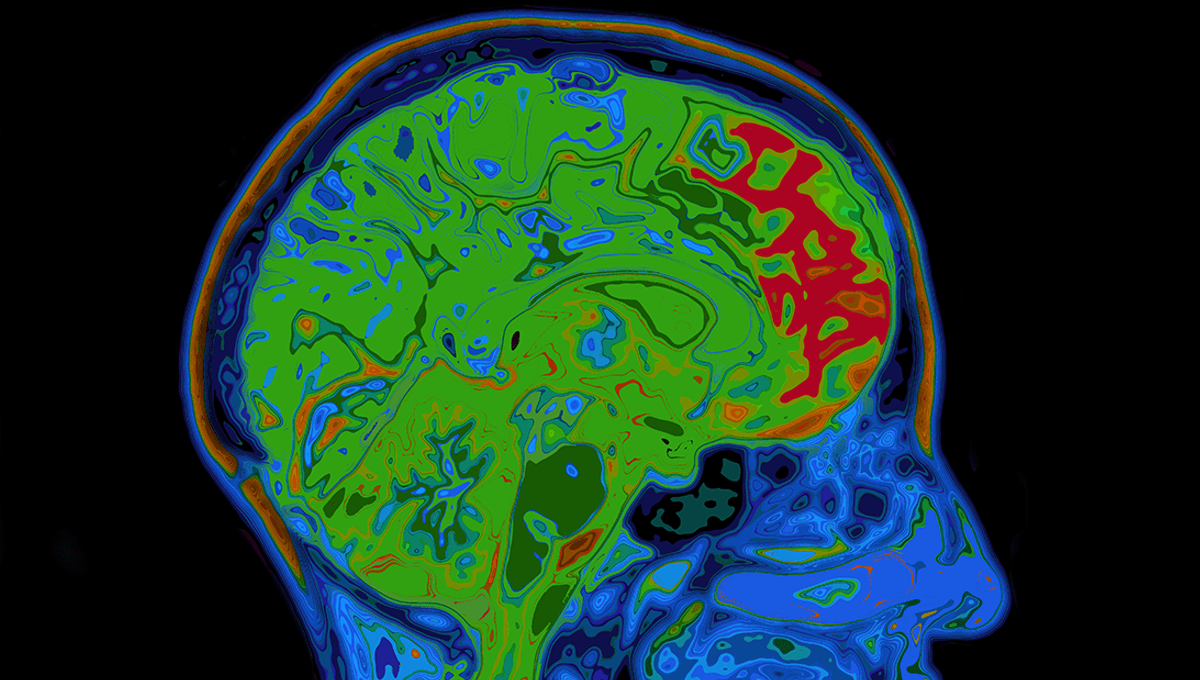
Doctors have documented the case of a man in his 80s who developed severe Déjà Vécu, a feeling that new encounters and situations are in fact repetitions of previous experiences.
The man was seen by the doctors after he started acting unusually. The retiree believed that his eBook reader was malfunctioning, giving him the same reading material over and over again. He contacted the manufacturer about the issue, only to be told it was functioning as normal. He also falsely believed that his TV was showing the same news over and over again, asking a technician to fix the problem.
The problem was not limited to media, with the patient believing he was living in a situation similar to the films Groundhog Day, The Map of Tiny Perfect Things, or Palm Springs. His family could not convince him that these were all delusions.
“Every day is a repeat of the day before… Every (television) session is identical,” the man told doctors, as described in a BMJ Case Report. “Wherever I go, the same people are on the side of the road, the same cars behind me with the same people in them… the same person gets out of the cars wearing the same clothes, carrying the same bags, saying the same things… nothing is new.”
The patient was assessed and found to have difficulties with memory, verbal memory, and had a tendency to conflate two stories into one. Using cognitive tests and scans of his brain, the team found signs of Alzheimer’s Disease.
The condition, though rare, has been described numerous times in the medical literature. The team notes that one of the first case reports, which termed it a “pathological form of déjà vu”, was published in 1896.
It is not always associated with Alzheimer’s Disease or other forms of dementia, and generally makes life difficult for patients unfortunate to experience it. In one early case, a soldier with cerebral malaria became convinced that he had lived his entire life before, believing the newspapers were printing old news and that his brother’s wedding ceremony was a staged repeat.
“Contrary to Groundhog Day though, déjà vécu does not tend to have a happy ending,” a case report about a patient with similar symptoms explains.
“The condition is typically complicated by the development of recollective confabulation, i.e. the tendency of making up stories to furnish one’s predicament (i.e. the delusional conviction that one has actually lived one’s life before) with seemingly logical explanations. Ensuing conflicts with one’s social environment and a failure to fulfil professional, social, and domestic demands may yield secondary pathology such as a depressive disorder or psychosis.”
The doctors attempted to treat the recent patient with a trial of immunotherapy, but he unfortunately showed no sign of improvement. He continued to live alone and unsupported, and four years after the onset of his symptoms he continued to show signs of progressive Alzheimer’s Disease, while his delusional symptoms remained “pervasive and bothersome”.
The study is published in BMJ Case Reports.
Source Link: Rare Syndrome Leaves Man Living In "Groundhog Day"